
Streaming is big business: Amazon signs Fox, Netflix signs Dreamworks
Monday, Amazon and Netflix, two major competitors in the video streaming space announced new content partnerships that broaden their catalogs and represent the next generation of carriage agreements that occur every three years in the cable and pay TV business.
Amazon announced it had signed a licensing deal with 20th Century Fox that would bring streaming movies and TV shows to its Amazon Prime Instant streaming service. It will join CBS, NBCUniversal, Sony, Warner Brothers, and Amazon's other current partners, who now bring a total of 11,000 movies and TV shows to the premium service.
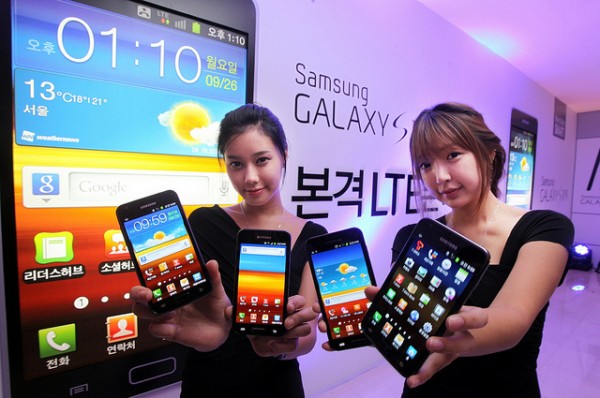
Samsung launches Galaxy S II LTE
The day after revealing that 10 million Galaxy S II smartphones had sold (or is that shipped?) in five months, Samsung unveiled LTE models. S2 LTE and HD LTE smartphones will first be available in South Korea, where Samsung already has sold 3.6 million original S2s.
The Galaxy S II HD LTE features a stunning 4.65-inch Super AMOLED display -- 1280 x 720 screen resolution. The 316-ppi pixel density is slightly less than iPhone 4, but the larger display, greater resolution and crisper contrast of the Super AMOLED screen should outshine Apple's smartphone. However, that Super AMOLED lacks the "Plus" screen found on other S2s, including the new LTE model.
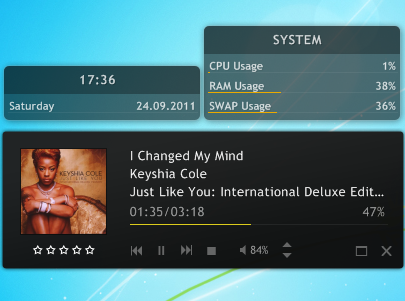
Rainmeter 2.1 'NowPlaying' rocks
It has taken a while, but after months of beta testing, desktop customization tool Rainmeter 2.1 has finally been released -- and it includes one of the most interesting new features for some time, in the "NowPlaying" plugin. You won’t see this by default, at least not initially. Install the program and you’ll be presented with the more usual monitoring tools, displaying date, time, CPU and RAM use, hard drive stats, RSS feeds and so on.
But install and configure an appropriate skin and you’ll see a neat “Now Playing” console, which not only displays the details of whatever audio track you’re playing right now, but also allows control to your player: you can stop, pause or restart a tune, rate it, step backwards and forwards through your tracks, toggle shuffle and repeat settings, adjust volume and more.
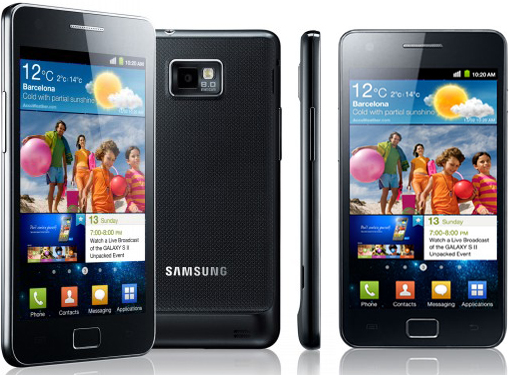
Not everyone is waiting for iPhone 5, Samsung Galaxy S II sales top 10 million
Samsung announced the internal sales record today. But how many really depends on your definition of sold. Samsung certainly shipped 10 million Galaxy S2s since the smartphone's launch in April. But is that sold into the channel, or out to consumers? Samsung's self-congratulatory announcement suggests sales-in rather than sales-out.
Still, the number is a stunning achievement for one of the best smartphones available anywhere and arguable top-of-class among Android handsets (I'm judging by the rave reviews, since I don't have the S2). Galaxy S II sales reached 3 million units during first the 55 days of sales and 5 million after 85 days. But because Samsung reiterated the 5 million number when announcing US availability on August 30, I asked if the company was being honest about the numbers. Today's announcement, really tomorrow in South Korea, puts the answer at yes.

Will you cancel Netflix?
It's time to ask that question, following last Sunday's stunning news -- that Netflix would separate into two companies, one offering monthly streaming subscriptions and the other by-mail DVD rentals. Actually, I asked the question a few days ago, and 55 percent of you say you will "cancel account". But the number of respondents is too low to be reliable. Additionally, peoples' initial anger might subside after a few days. So I'm reposting the poll, to increase the sample and to measure response after a few days emotional cool down.
Netflix will continue but as the streamer. The core DVD-rental business that made Netflix a household name will go to new company Qwikster. If I still rented DVDs, I would drop both because the companies will bill separately for services that were once one. I started renting from Netflix in February 1999, when watching DVDs, particularly on laptops, was sheer novelty. But long ago I stopped renting DVDs, switching to streaming instead. I'll keep Netflix for that. So there is one person's answer to prime your response to our poll and also to explain your reasons for yeah or nay in comments.
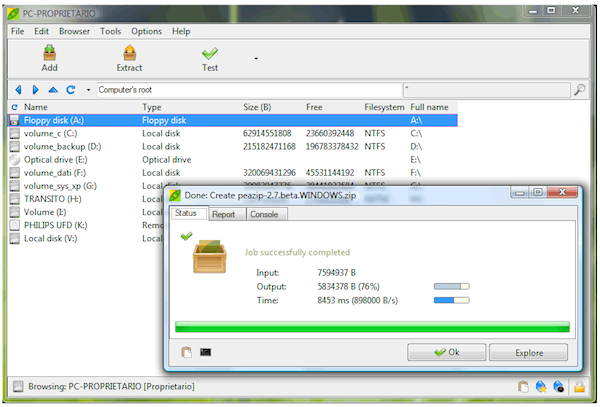
Weekly roundup: 17 downloads you won't want to miss
Another busy week of software updates has passed. What could you possibly have missed?
Right Click Enhancer 2.0 is a handy tool that gives you the chance to add new option to Windows’ context menu. There are a number of pre-defined examples that you can add by simply selecting from a list, or you can go to the effort of creating menu links of your own as well as adding and removing entries from the Send To menu.
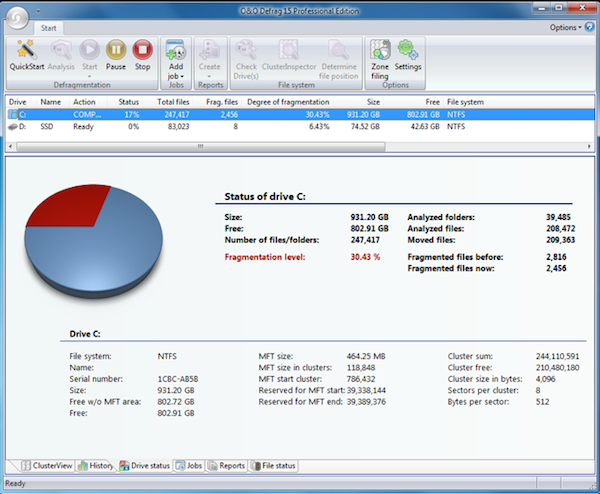
O&O Defrag 15 Professional review
When you’re looking to squeeze the very maximum speed from your system, a good defrag session, optimizing your hard drive layout for the best performance, remains one of the more effective techniques you can apply -- and there are few more feature-packed and versatile defraggers than O&O Defrag 15 Professional.
The program offers multiple ways to report on your drive’s levels of fragmentation, for instance. You get eight built-in defrag strategies, and it’s also possible to customize the final results further, by, say, sorting specified files by name, last access or modification date, and repositioning large files to better optimize your overall system performance.

Apple patent lawsuits are hypocritical
I've been fairly critical of Apple's recent patent bullying -- what I call innovation through intimidation/litigation. The Apple Fanclub of bloggers and journalists defend the company's patent and other intellectual property claims as protecting its innovations from copying, particularly by Samsung. But who's copying whom?
As several Betanews commenters recently point out, Apple cofounder, current Chairman and former CEO Steve Jobs admits to the company copying from others. From a mid 1990s interview: "Picasso had a saying, he said: 'Good artists copy, great artists steal'. We have, you know, always, ah, been shameless about stealing great ideas".

Be careful, that PDF might be a Mac Trojan
Well, hello Mac users! The 1 billion Windows users of the world welcome you to the wonderful world of malware. F-Secure has identified a new one, and like Mac Defender, this piece of nastiness borrows from malware already released for Windows.
"We may have come across a Mac malware in the making. Detected as Trojan-Dropper:OSX/Revir.A, the malware disguises as a PDF file to trick user into triggering its payload", F-Secure warned earlier today.
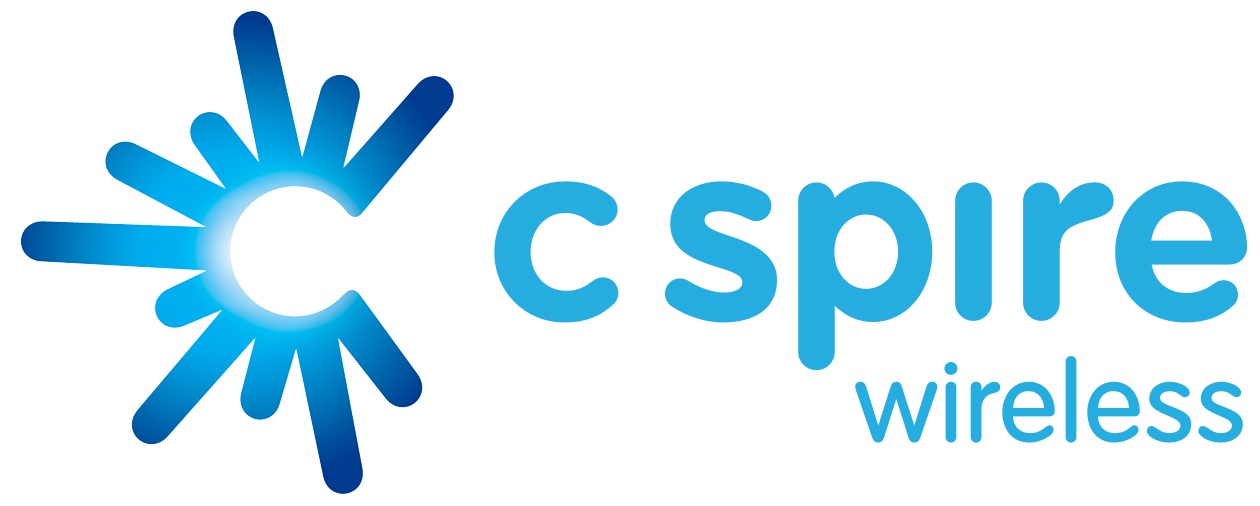
C Spire Wireless: the new underdog 4G mobile network?
A new national wireless operator will open for business on Monday, and its name is C Spire Wireless.
To be fair, it's not really a new company, it's just the new name for Cellular South, the regional network operator whose CEO, Hu Meena, has been a defender of the "little guy" wireless carriers of the U.S. by refusing to share its LTE network with Verizon Wireless, and testifying against the merger of AT&T and T-Mobile.

Blockbuster thinks the problem with Netflix is billing
After taking a serious beating in the DVD rental business by Netflix and Redbox for five years, Blockbuster was driven into bankruptcy and acquired by satellite TV company Dish Network.
But now, Dish and Blockbuster are attempting to gain the favor of disgruntled Netflix subscribers who have faced major changes to their subscription packages as the company spins off its DVD-by-mail rental business.

Smart move: Bing sticks with daily deal aggregator instead of launching its own
Six months ago, Microsoft's search engine Bing launched a mobile daily deals site called (what else) Bing Deals. The idea was that it wasn't a standalone Groupon or LivingSocial competitor, but rather an aggregator of other daily deal sites that partnered with the search engine. Today, Microsoft has launched the desktop version of Bing Deals, and it keeps up what began earlier this year.
Bing Deals aggregates more than 200,000 daily and local deal sites (including Groupon, LivingSocial, Tippr, and retailers like Best Buy, Nordstrom and Zappos) and lets users browse by retailer, location, keyword, or category.
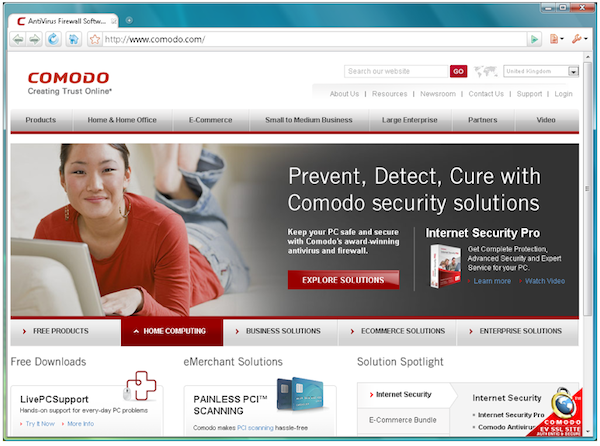
Comodo Dragon: Better browsing security with less bloat
Spending time browsing the Internet can be fulfilling, but it can also be fraught with dangers. Every web browser claims to have a wealth of security options built in, Comodo Dragon goes a little further aiming to not only ensure that life online is as safe as possible, but also that the experience is not dogged by poor performance. Based on a Chromium core, Comodo Dragon is a bloat-free browser that balances speed and security.
The installation of the browser gives you the option of installing a portable version of the application, while the option to import your history, password, cookies and other settings from your current browser means that it makes switching easy.
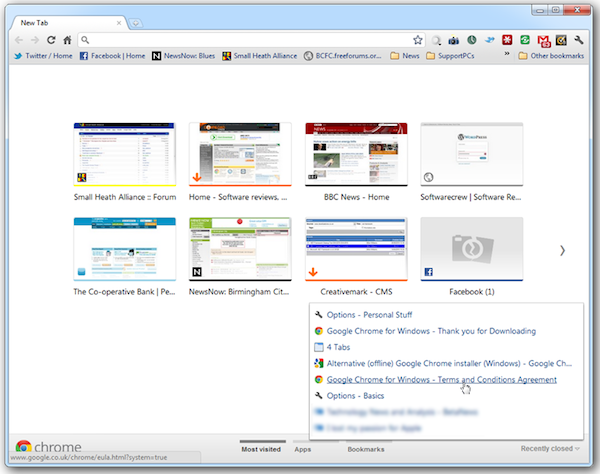
Get Chrome 15 Beta now!
One week after releasing the first stable build of Google Chrome 14, both Beta and Dev channels have been updated, to versions 15 and 16 respectively. In terms of new features, Google Chrome 15 Beta sees the most radical developments with a redesigned new tab page and the ability to synchronize the Address/Search bar history across multiple installations.
Google Chrome 16 Dev offers one interesting new development in the fact that multi-user support, where users log into a single instance of Chrome with different accounts, has now been enabled by default on Windows and Mac machines.
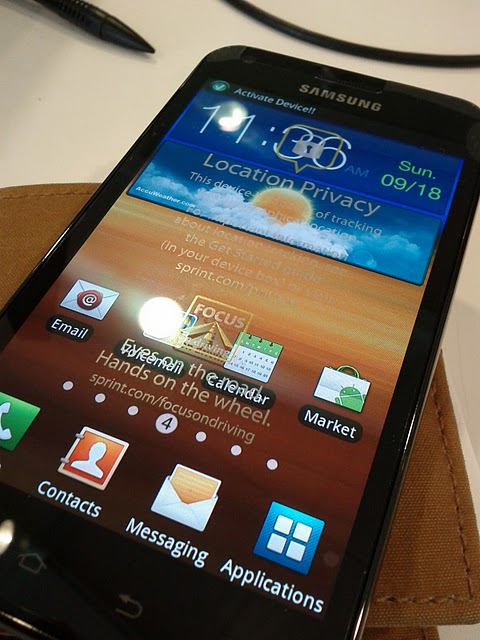
Samsung Galaxy S II Epic 4G Touch first impressions review
Sunday, September 18. Sprint Store, North Jersey.
This fanboy stalked his Sprint Dedicated Care rep for many moons, leading up to this day. What hardship getting here. Samsung announced the Galaxy S II in February, and it started selling everywhere else in the world in April. But not the United States. As if the waiting wasn't enough, 10 days earlier the rep informed me that I would have to go to the local Sprint Store to pre-order the Samsung Galaxy S II Epic 4G Touch, but only if I bought a $50 gift card first. Then I would have to return to the store on Sept. 18. Sprint couldn't mail the phone to me. Surely this was a joke.



